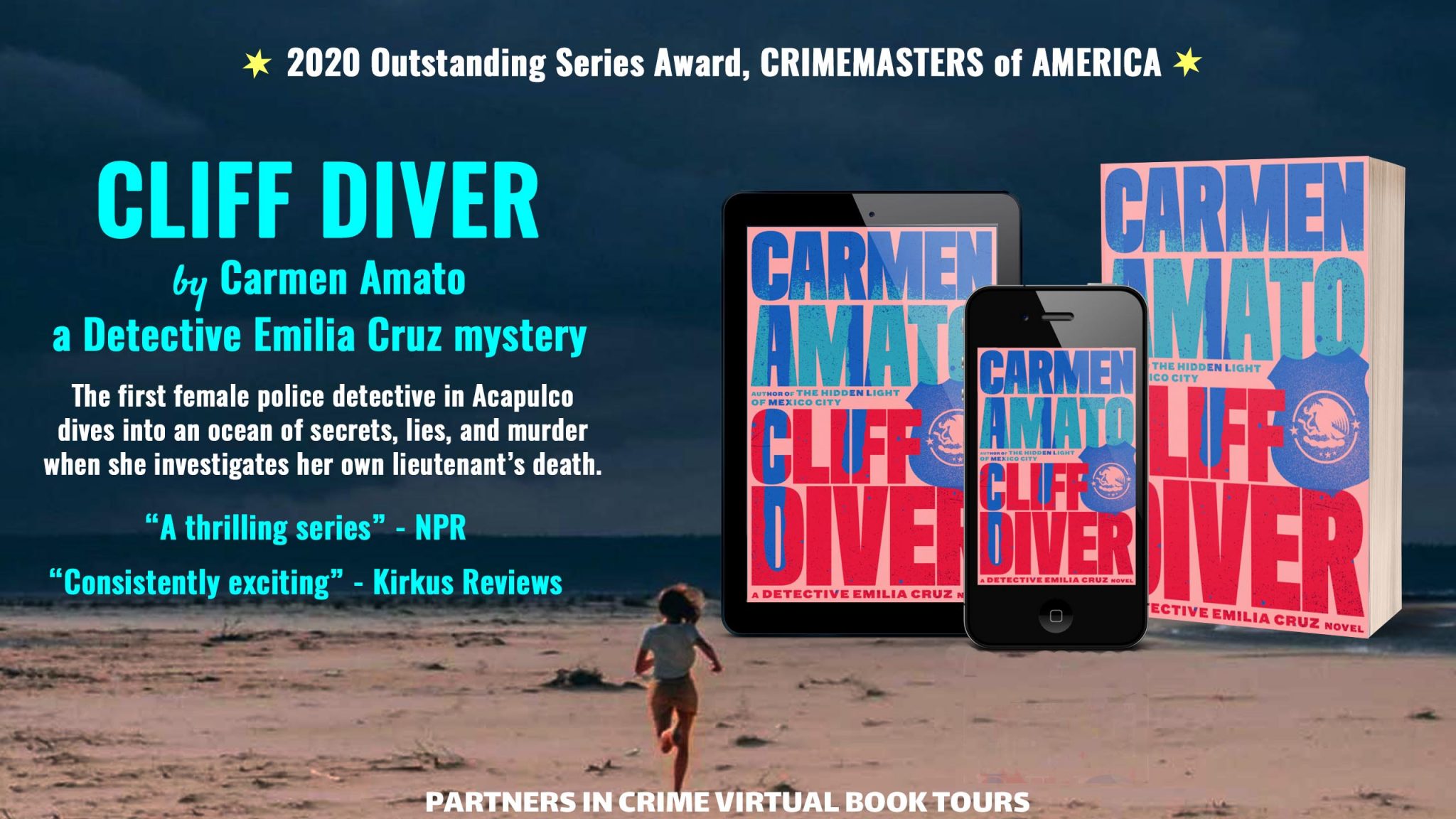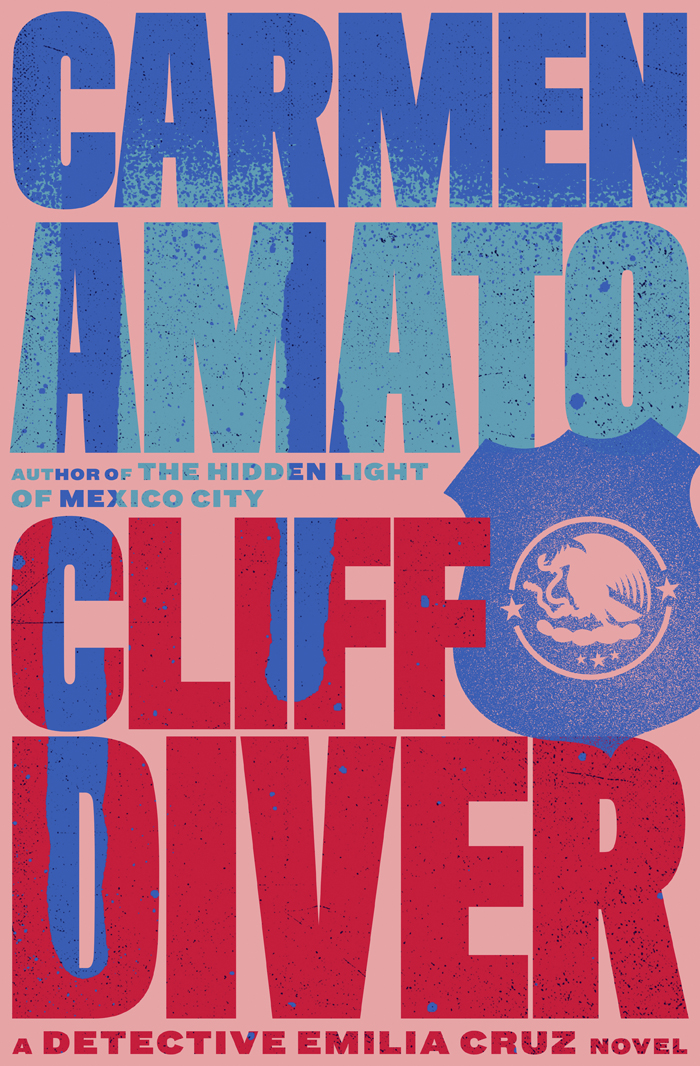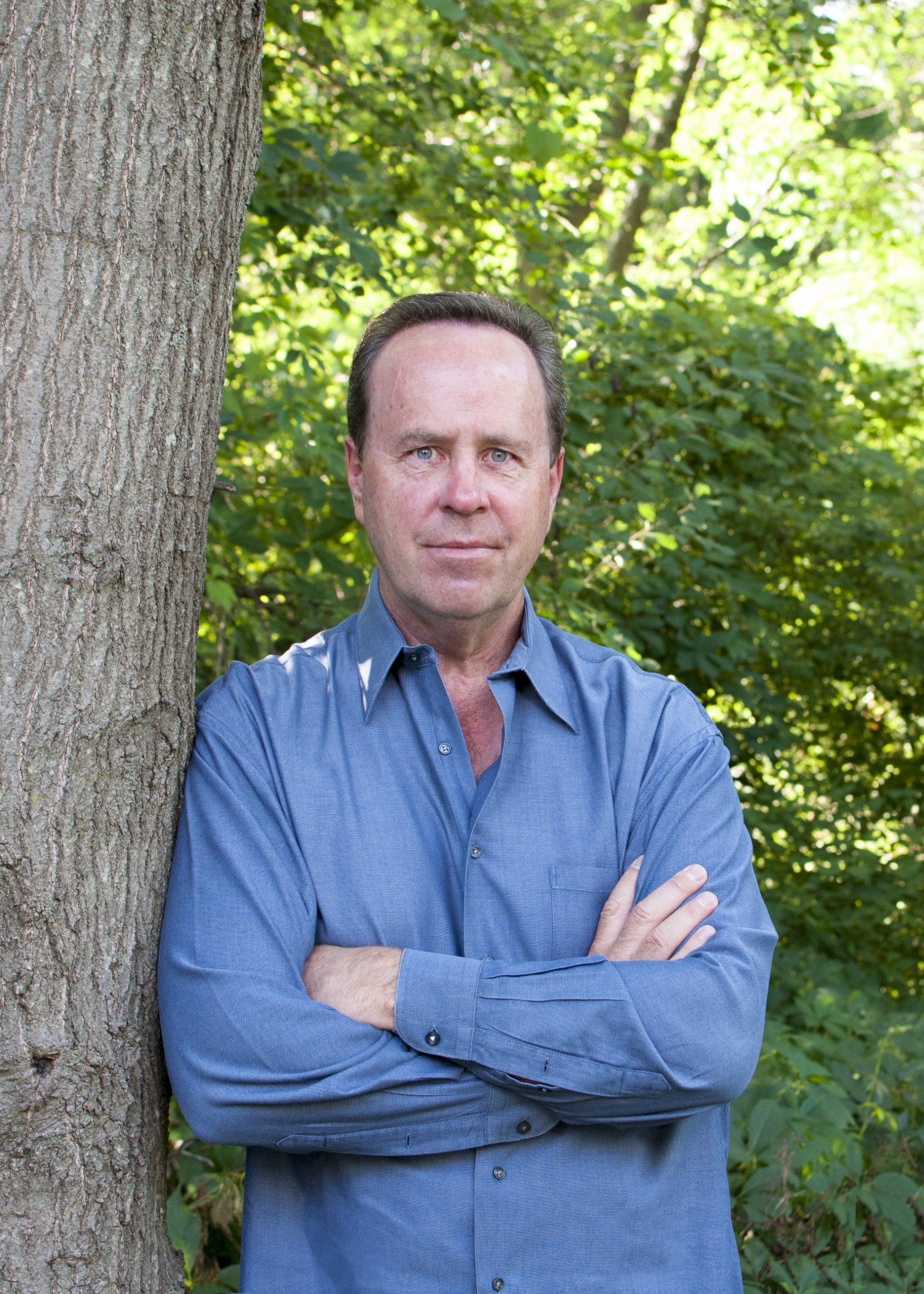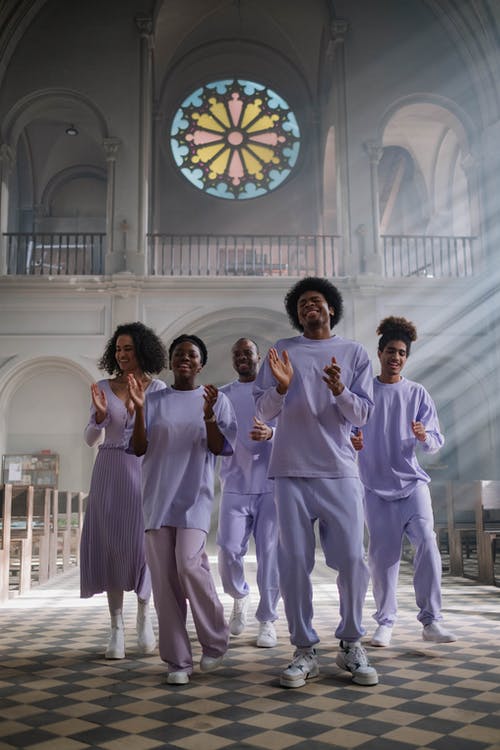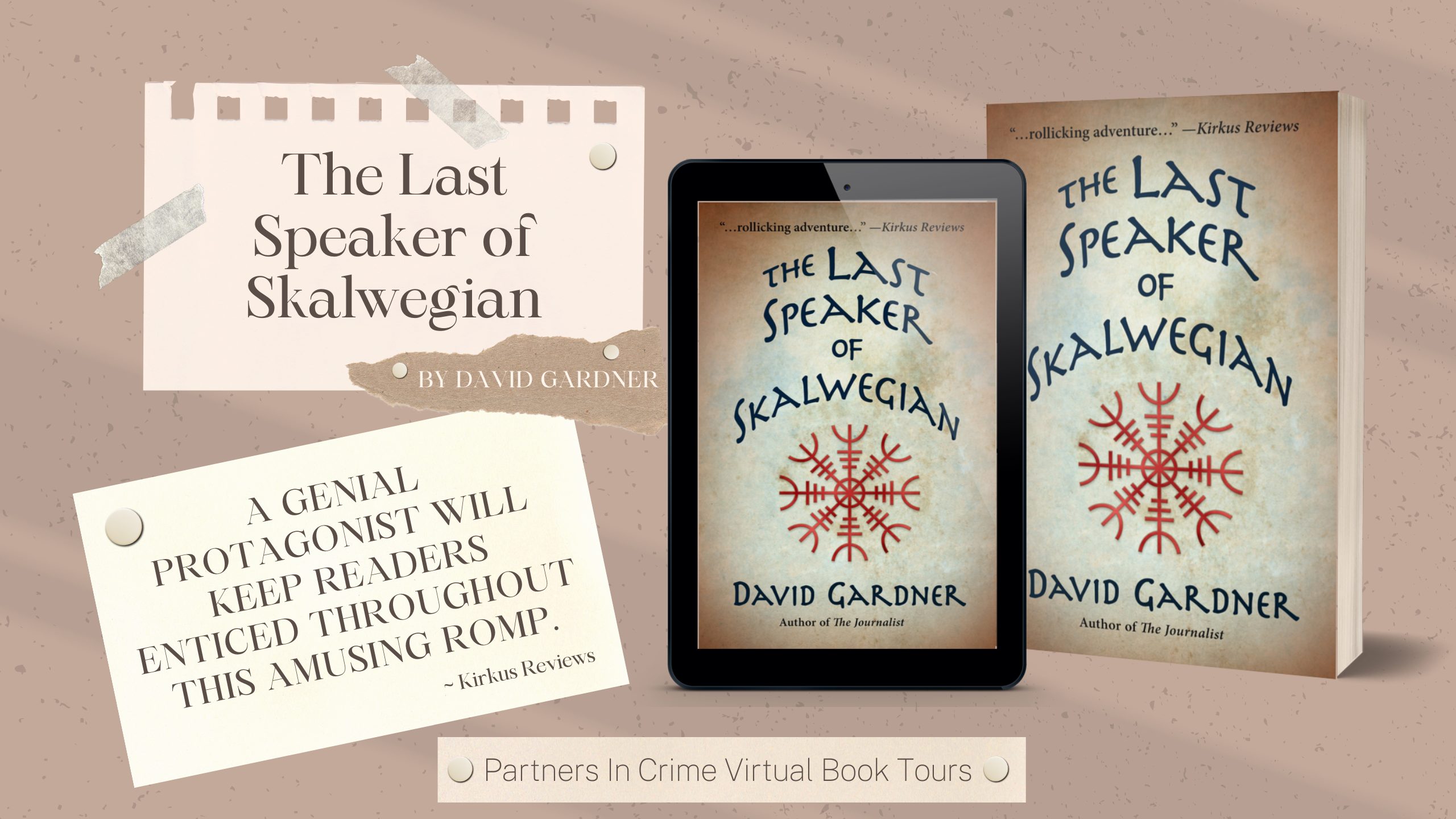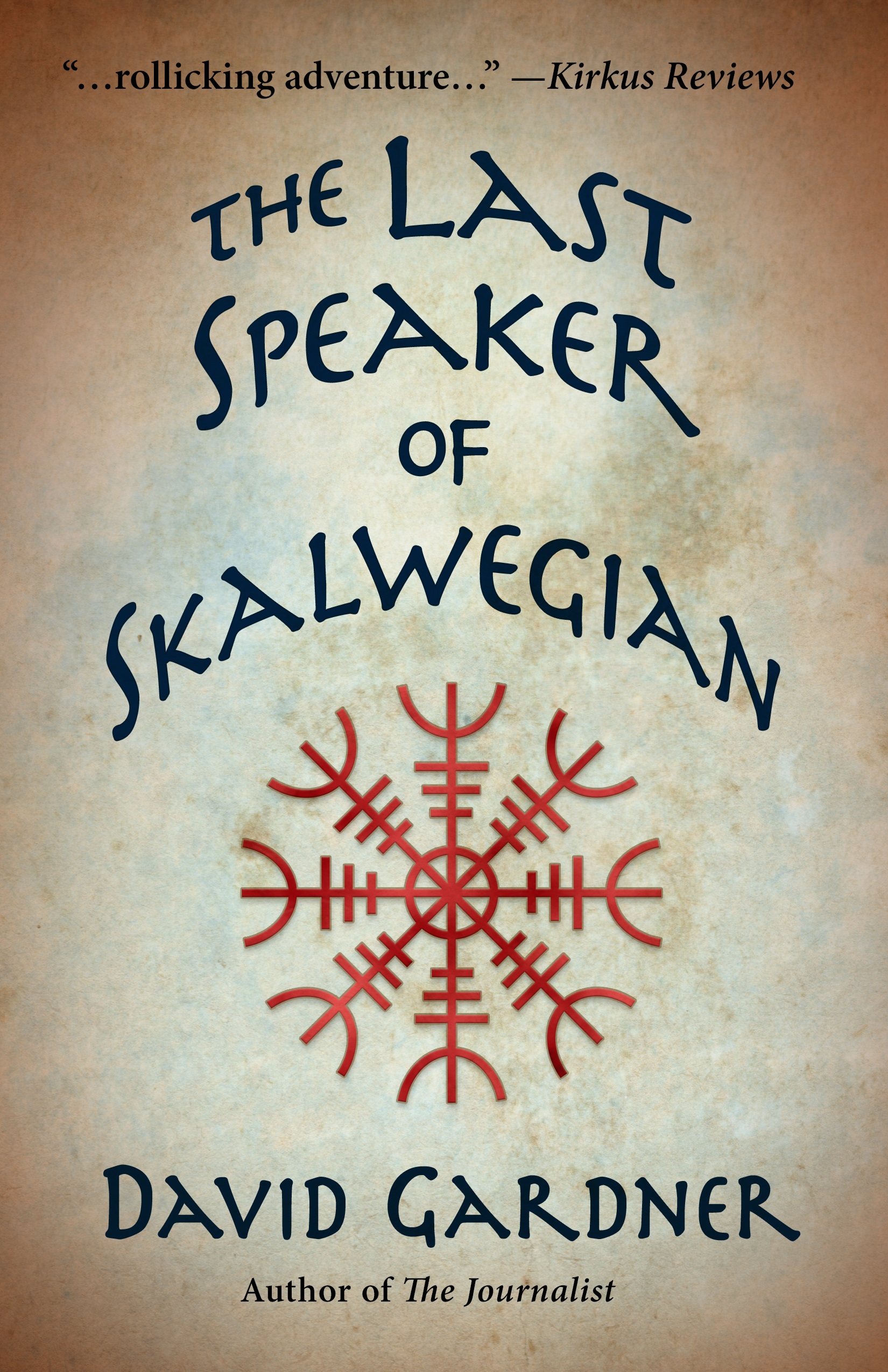The Devil’s Music
December 7th, 2021The Devil’s Music
by Gabriel Valjan
December 1-17, 2021 Virtual Book Tour
Synopsis:

Stalin is gone. The Cold War is on. Better dead than red.
With victory comes revenge, and both Attorney Roy Cohn and his supporter, J. Edgar Hoover, wish to settle accounts. In a race to protect his associates, Jack Marshall relocates them to off-off-Broadway. Walker, Vera, Leslie, and Sheldon swelter under more than stage lights in New York City.
Before the summer is out, before the strange music subsides, there is a mob war and another unexpected addition to the Company Files.
Book Details:
Genre: Suspense, Thriller
Published by: Winter Goose Publishing
Publication Date: November 9, 2021
Number of Pages: 225
ISBN: 1952909139 [ISBN-13?: ? 978-1952909139]
Series: The Company Files, #3 | Each novel in this series can be read as a stand-alone work.
Purchase Links: Amazon | Goodreads
ISLAND BREEZES
This book takes one back to the McCarthy era. My memory isn’t that old, but it’s a well read memory.
This book really gets interesting when the players move to NYC. It’s even more interesting when the mafia action starts taking place with the company team.
You’ll see well known people here, and maybe like I, you’ll learn a bit more history regarding these people. There’s a lot of truth mixed in with the fiction. If you think it’s all fiction, do an internet search on some of the events.
There’s both cruelty and kindness displayed. There’s love of family and what it takes to protect them. You’ll also see manipulation that sometimes works and sometimes doesn’t.
Often the third book in a series is the final one. What I’m seeing here leads one to suspect there’s a fourth one coming up. I certainly hope so. There’s history that would fit in.
Thank you, Mr. Valjan. Please tell us there will be another Company Files book.
***Book provided without charge by PICT.***
Read an excerpt:
It was hot in Virginia that night and the cicadas hummed like electric wires in the evening air. There was the occasional glow of a lightning bug. This was the waiting game. Two phones were on the desk.
They waited, Jack Marshall and his wife Betty.
Seated, her fingers knitted something invisible. He leaned back, contemplating the sky outside the open window, as his chair pulled music up from the floorboards with its rocking back and forth. Two fingers of whiskey gone, a short glass rested on the blotter when the white phone rang.
The front legs of his chair slammed down. He picked up the receiver. Her fingers stopped. A man’s garbled monotone worked his ear. She stared when he said, “I understand. That’s unfortunate. Thank you for calling.”
“It’s done, isn’t it?”
“Yes. He went first, around eight. She took longer, about five tries, but it was all over by eight sixteen.”
Betty shook her head. “You said all they had to do was talk and none of this would’ve happened. How will I explain this to the children tomorrow after they see the morning papers?”
Jack went to say something, but the other phone rang, the beige one. She knew what that meant. He told her, “Go and check in on them, please. I’ll be with you in a moment.”
The phone was still ringing, his hand on top of the receiver. Secure line.
“I will.” Betty closed the door behind her.
Jack picked up the phone mid-ring.
“Hello. Yeah, I heard, Beetle. Our man on the inside told me everything.”
The insect music outside had stopped while he listened to his old army friend, Walter Bedell Smith. The nickname Beetle was a twist on his middle name. Beetle spoke with a Hoosier accent. The Rs dominated in words like Truman, reprieve, Eisenhower, Reds, and J. Edgar Hoover.
Jack hung up the phone. Beetle had done all the talking. He listened.
Betty was correct. All they had to do was talk.
Beetle called it three years ago when he said that the statute from 1940 would’ve sufficed for the prosecution. 18 United States Code § 2381 was clear about “aid and comfort within . . . or elsewhere.” The prosecutor, Irving Saypol, and his assistant, Roy Cohn, decided otherwise and chose a law from 1917 for their legal strategy instead.
Beetle argued that prison time would’ve softened the edges and everybody could’ve saved face; could’ve had a nice conversation around a table, gotten some names, and everybody would’ve walked away with something.
It didn’t end up that way.
The Company had a man inside Sing Sing watching Hoover’s men in their makeshift offices stacked with supplies, waiting to take down the next Tolstoy novel, their typewriters and tape recorders ready and waiting for the signal that never came.
All they needed was one word from the rabbi that they’d wanted to talk.
One word.
Anything and everything would’ve come to a stop. A simple word from either one of them would have ended it all. It didn’t even have to be “I confess.” Even with Eisenhower denying clemency it would’ve stopped had Hoover’s boys gotten the word.
That didn’t happen.
Julius and Ethel Rosenberg died this night, June 19, 1953.
And like Beetle said, “She called his bluff, Jack. Hoover and his boys got nothing. Ditto for us. We went to the county fair and have nothing to show for it. Nothing but acres of corn as far as the eyes can see. It’s back to the game of proportionate responses. The Soviets do one thing. We respond like a reflection in the mirror. You know what’s coming next, don’t you?”
The cicadas returned for an encore. The sun had set, a quarter moon started to rise. Jack Marshall didn’t answer his former boss about what came next. They both knew.
A lightning bug lifted outside Jack’s window, a soft yellow glow before it disappeared into the dark, and there was that sound again, electricity in the wires, the music of martyrs.
2
Click. Click. Clickety-click.
There were the thumps of the space bar, the hand to the lever on the left side of the typewriter to slide the carriage over after the bell. Another line, another step toward the bottom of the page. The sound of Walker’s writing competed with a visitor outside his Malibu home. A woodpecker.
The redhead had introduced himself a few days earlier while Walker sat outside on his porch. The bird landed on the railing and assessed Walker with one beady eye, flew off, and then returned moments later, this time on the other side of the patio, to render his approval with the other eye.
They’d come to an agreement, between the bird’s music and his writing. The bird would drum its beat and Walker would peck at the keys on the Remington typewriter Terry Doyle had stolen from Warner Brothers in Burbank as a farewell present after Walker finished his stint at the studio as Walter Thompson for the Company.
Terry assumed he could score the five-finger discount without Jack Warner knowing about it. Wrong. Warner sent Terry a set of replacement ribbons with a handwritten note.
Mr. Doyle,
These ribbons could work wonders around your feet, like chains did for Bo Weinberg. Likewise, the typewriter you stole from me would make a fine anchor for your swim off any pier. Give WT my regards.
JL
The typewriter was a mark of respect between writers since this particular model was given to senior writers. Novices received black Remington Noiseless Model Sevens, often decrepit and with cracked paint. Walker’s model was a block of green steel. The inside covers of the carrying case were lined with felt. The green keys were silky. The tab and trim were tight. The color suited Walker since he was an army man.
His Friday ritual at the desk was to include a cold bottle of Adohr milk within reach while he wrote. Adohr Milk Farms dispatched the same man his way for deliveries. Walker waited for the blue truck out of Tarzana with Adohr-able Milk, the farm’s slogan, painted on the sides. Drivers wore starched white uniforms, dark bowties, and caps.
Elmo was Walker’s man. In addition to fresh cheese and eggs, Walker paid Elmo extra to bring a variety of newspapers from Los Angeles. Elmo was a sad-eyed vet, a working stiff with a gimp leg and the worst case of nerves around sudden sounds. A navy veteran, Elmo had served in the Pacific theatre. Walker understood the man’s sorrows, even if he had served on the other side of the world.
Walker poured off the cream into a glass for the icebox and placed it next to the bottles of Bull Dog beer. He returned with the milk to his desk. His mother would have disapproved, but time in the infantry in France, Germany, and Italy did away with the courtesy of a glass from the cupboard. Walker saw himself as a grown man and he could do as he pleased. He’d earned numerous combat decorations and deserved his milk straight from the bottle. After the war, he joined Jack Marshall in Vienna and went to work for the Company. They interviewed and recruited former Nazis. When someone wasn’t killing them first. Mother passed years ago. No woman was around to civilize him, not even Leslie. She’d made that decision for the both of them in Vienna and finalized it in Los Angeles. Walker wondered what Mother would’ve thought of Leslie.
After Vienna, the next big job for Jack was to work at Warner Brothers. A script doctor and intermediary between studios and blacklisted writers had been murdered and a clue suggested Hoover was up to something. That operation ended two years ago. He left the studio on good terms, which was a remarkable feat since Jack Warner turned into a cobra with anyone who poached talent from his studio. Warner, to his credit, extended an open invitation to Walker to work freelance on projects.
Hours later, he rose from his desk, the pages stacked. A day’s work finished. At five forty-five in the afternoon the phone rang. Walker answered it and heard Jack Marshall’s voice. “The Rosenbergs were executed.”
Walker glanced at his wristwatch. Three-hour difference. “What do you need?”
“I need to bring you in. In addition to Jay Edgar and his pet senator from Wisconsin, we have a problem, and its initials are RC.”
“Roy Cohn.”
Walker heard Jack sigh. Rare. The first time Walker heard that exhalation was when they had been relieved in Alsace, only to receive orders to march into Germany. Neither of them had known that Dachau was waiting for them, or that men in their unit would execute Nazis on the spot.
“You there?” Jack asked.
“I’m here. An unpleasant thought came over me.”
“Roy Cohn has that effect on people, but it gets worse.”
“Worse?”
“Now that Roy has made his reputation with the Rosenbergs, he has the fire in his belly, and he’ll want to settle old scores. He’s bringing ammunition.”
“Ammo? What more does he need? McCarthy and Hoover back him.” Walker rubbed his forehead, the onset of a headache because of a name. Roy Cohn was the one mortal who’d dare to breach the gates of hell, just so he could throw Old Scratch off his throne. “What’s he thinking?”
“Cohn plans to deliver on McCarthy’s accusation that Reds have infiltrated the military, and Cohn will target government contractors, and there’s more.”
Walker understood the implications. The Company had recruited Nazis and some Soviets in Vienna. These engineers, scientists, and technicians were then rehabilitated and embedded in various companies around the country to beat the Russians in the arms race. Cohn’s sweep for Communists meant exposure, a liability in the Company’s rivalry with Hoover’s FBI.
“You said there’s more, Jack. Who or what does he have?”
“An ambitious twenty-seven-year-old from Boston.”
“Anybody we know?”
Pause.
“Kennedy,” Jack said.
“The leash is off the dog and the lawn just got bigger.”
The name Kennedy irritated people in DC like a cheap wool sweater. Washed up in politics after Churchill threw him off the Cliffs of Dover because he had alienated everyone as an isolationist, courted Hitler and, like Charles Lindberg, disliked Jews, former Ambassador Joseph Kennedy was at it again. Everybody knew the old man wanted a son behind the desk in the highest office of the land. His oldest boy Joe Jr. had died in an accident during the war. His next oldest son was now the US Senator from Massachusetts.
“John Kennedy,” Walker said. “He wants to climb the ladder for daddy?”
“It’s what I was thinking, but not him.”
Walker did the math again and wondered what he’d added up wrong, and then imagined Hoover’s hand in the matter. John Kennedy had worked in Naval Intelligence until Hoover relocated him to the Pacific and started a file on him. Ensign John F. Kennedy cut a romantic figure in his navy whites, despite the unfortunate habit of leaving his fly unzipped. Hoover documented every wrinkle in the bedsheets and recorded every groan in numerous bedrooms. John must’ve suspected because he resorted to using closets for his conquests. That Hoover hated the Kennedys was an understatement; he loathed the entire family.
Hoover’s love for leverage hit the jackpot when Jack Kennedy bedded a blonde number who had interviewed Adolph Hitler. It didn’t matter to J. Edgar the woman despised der Führer. All that mattered to him was he had pictures of her on Hitler’s arm at the Olympics and Uncle Adolph was fond of her. Even called her a “Nordic beauty.”
“If not Jack Kennedy, who then?” Walker asked.
“His brother Robert. He’s co-counsel with Cohn.”
Walker swallowed hard. “I did not see that coming.”
“Nobody did.”
“Add him to Cohn and McCarthy, and we have a trinity.”
“Correct,” Jack said. “And with Hoover dancing on top of his desk in the dark if they could help him bury the Company.”
Jack was right. Roy Cohn and Robert Kennedy would act as McCarthy’s bloodhounds, and J. Edgar Hoover would jump at the chance to rip out Allen Dulles’s throat. Allen bore the distinction of being the Company’s first civilian director and having Eisenhower’s ear about policy against the Soviets, which left Hoover passive and at a tactical disadvantage. His agency played defense and the Company, offense. Add one last indignity: Hoover had no say when Truman formalized the existence of the Company on September 18, 1947. Nothing Hoover hated more than not having power. Nothing.
It was clear as the cursive on the blackboard. Go Commie hunting with two feral lawyers, find former Nazis and Soviet émigrés hard at work within the government’s defense industry, and the Company was kaput. Hoover didn’t care that the recruits kept the Stars and Stripes ahead of the Russian bear.
“I would’ve put my money on Jack Kennedy,” Walker said.
“John’s not the picture of health. Bad back from the war and all. His father moved on to the next healthiest. Robert Francis Kennedy is our man.”
“For the presidency?”
“Doubt it,” Jack answered. “Big Company America would never allow it. They’ll outspend Joe Kennedy, and the last time the country considered a Catholic for the office was when Al Smith ran. Not sure if you remember this, Walker, but the Ku Klux Klan marched on the Capitol because they thought Catholics were un-American.”
Walker remembered. The Klan attacked Catholics in his Midwest before, during, and after Prohibition. He recalled their “America First” rallies and parade marches. As for Al Smith, he had been tainted by his association with the corruption of Tammany Hall and his opposition to Prohibition. Al lost and Hoover carried forty states and won.
Walker had another concern. “Kennedy can’t be naïve. Roy Cohn and Hoover will have him run point and then throw him to the curb while the car is moving. What’s your plan?”
“Come east before Roy Cohn sets fire to Hollywood with a new book of matches. He tried once and he’ll take another run at you and Jack Warner.”
Jack had a point. He and Cohn had clashed during a clearance meeting with Warner’s man, Leonard Moore. The skirmish left Cohn humiliated and with an appetite for revenge that rivaled Jack Warner’s but lacked the mogul’s refined methods.
“I’ll get on the next bird out of Burbank.”
“Excellent. That leaves me with just one more thing to do.”
“What’s that?”
“I need to bring Leslie in also.”
Walker hung up the receiver. His friend, the woodpecker, drummed his tree. Walker looked at his typewriter. The green Remington could take a round of shrapnel. The Adohr milk bottle next to it looked like a glass grenade, only now it was either Roy Cohn, this young Kennedy kid, or both, who were about to pull the pin and lob the next explosive.
***
Excerpt from The Devil’s Music by Gabriel Valjan. Copyright 2021 by Gabriel Valjan. Reproduced with permission from Gabriel Valjan. All rights reserved.
Author Bio:

Gabriel Valjan is the author of the Roma Series, The Company Files, and the Shane Cleary Mysteries. He has been nominated for the Agatha, Anthony, Silver Falchion Awards, and received the 2021 Macavity Award for Best Short Story. Gabriel is a member of the Historical Novel Society, ITW, MWA, and Sisters in Crime. Gabriel lives in Boston.
Catch Up With Gabriel Valjan:
GabrielValjan.com
Goodreads
BookBub – @gvaljan
Instagram – @gabrielvaljan
Twitter – @GValjan
Facebook
Tour Participants:
Visit these other great hosts on this tour for more great reviews!


